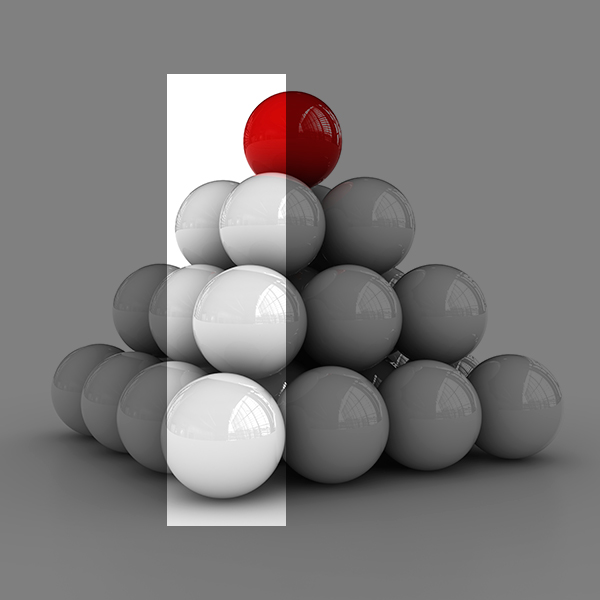
Author: Lorena Becerril Balín
Programme: Doctoral Programme on the Information and Knowledge Society
Language: Catalan
Supervisor: Dr Antoni Badia Garganté
Faculty / Institute: Internet Interdisciplinary Institute (IN3)
Subjects: Primary and Secondary Teaching
Key words: Collaborative learning, Information search, Shared knowledge, Learning regulation, Educational interaction
Area of knowledge: Educational Psychology
+ Link to project
Summary
The main goal of this research is to deepen the psychoeducational study of computer-supported collaborative learning during the searching and elaboration of information in secondary education. Based on a sociocognitive point of view of teaching and learning, the question behind this study is the following: How do specific tasks affect the learning process and results of secondary student pairs when working on the search and elaboration of contents of Catalan literature with computer support? To address this question we aim at four specific goals: 1) To identify the effects of the complexity of the task on the psycho educational processes and on the relationships amongst them. 2) To identify the processes influencing the learning results for each kind of task. 3) To describe the process leading to the best learning results for each task. 4) To test whether the change that is produced in the shared knowledge is the result of the collaborative process or a product of the learning process. To reach these goals, a quasi-experimental study has been conducted with a pre-post-test design, and the learning process and results of forty-nine student pairs of secondary fourth grade from two different educational centres have been analysed. Regarding the effects of the learning process on the learning results, the data demonstrate that the importance of the process is positively correlated with the complexity of the task. Likewise we can conclude that the relationship between the best learning results and the processes involved vary according to the type of task required. Finally, based on the data analysis of shared knowledge, we can affirm that the convergence of knowledge obtained can be attributed to the collaborative interaction only in the case of most complex tasks.
